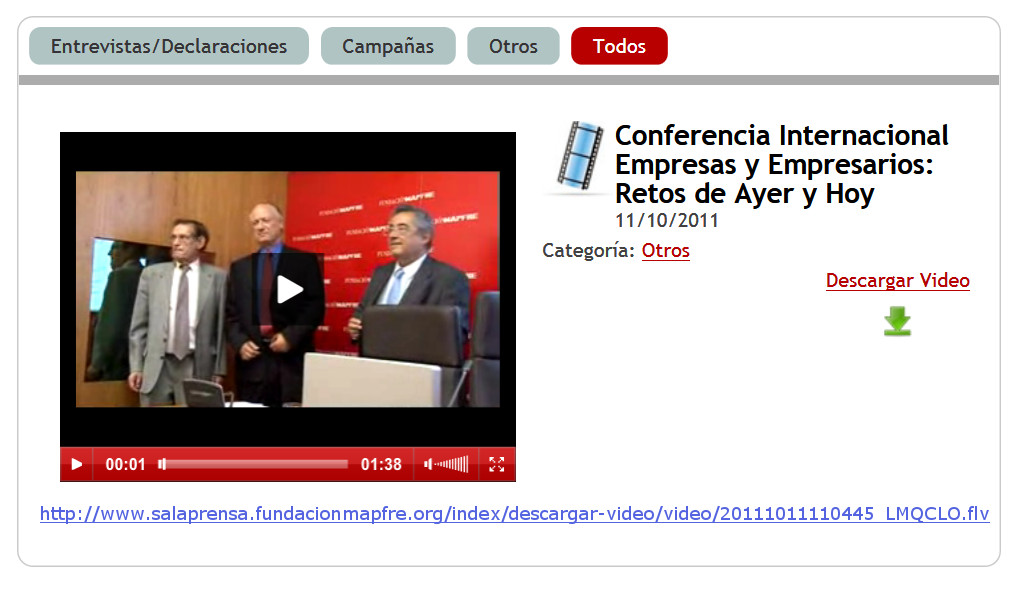Los determinantes del espíritu empresarial: instituciones, educación, patentes y tecnología desde una perspectiva comparativa / The Determinants of the Entrepreneurial Spirit: Institutions, Education, Patents, and Technology from a Comparative Perspective
Supported by: Madrid Regional Government (Ref.: S2007/HUM-0433
From: 2008-01-01 To: 2012-06-30
More InformationLeading Researcher
Tortella, Gabriel
IBC Network members
Abstract
One of the main problems for the European Union’s economic future is the relative dearth of entrepreneurial callings in comparison with the corresponding levels in the USA and Japan. This problem is especially serious for Spain and even more for Madrid, headquarters of a sizable plurality of all Spanish businesses which must compete with the state for the pool of available talent.
Education seems an adequate means among the political levers used to try to solve this problem. The Spanish educational system, however, does not seem geared towards the development of the “entrepreneurial spirit” in any of its levels (from elementary school all the way through to the university plane). This is reflected, for instance, in the reports of the Global Entrepreneurship Monitor —issued yearly since 1999 by a worldwide network of educational and business units.
The main purpose of the project “The Determinants of the Entrepreneurial Spirit: Institutions, Education, Patents and Technology from a Comparative Perspective” is to measure and to analyze the historical relationship between the educational system and entrepreneurial capabilities in a sample of several countries with special attention to the Spanish case. There is a considerable literature on the relationship between education and economic development, but almost none on the connection between education and entrepreneurship. We feel that this perspective opens new research vistas which are bound to be fruitful and beneficial in a relatively short term. The advances of the “Knowledge Society” and the increasing technical sophistication required of modern entrepreneurs make our study especially relevant.
